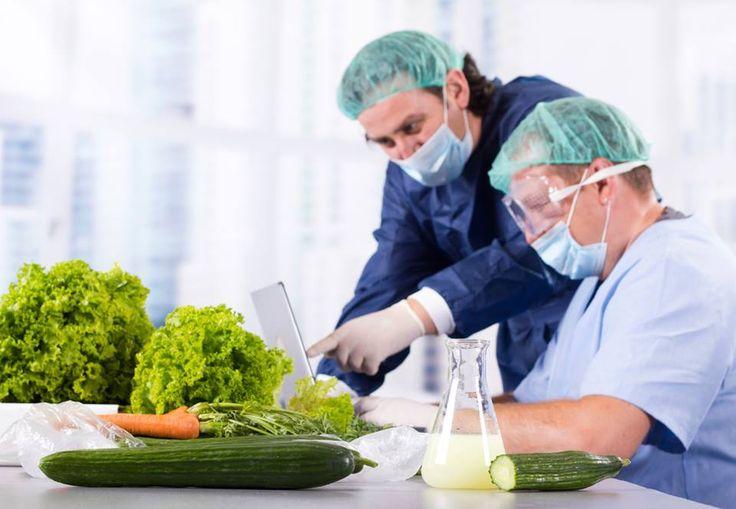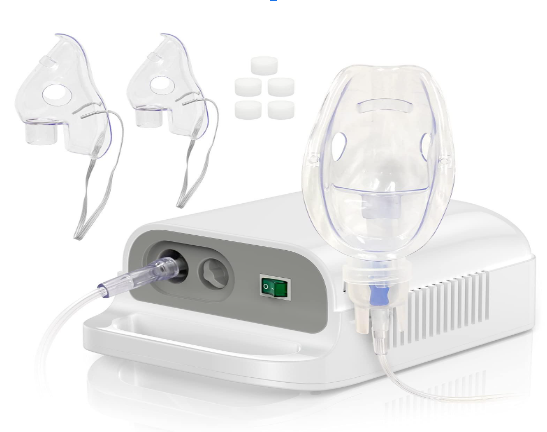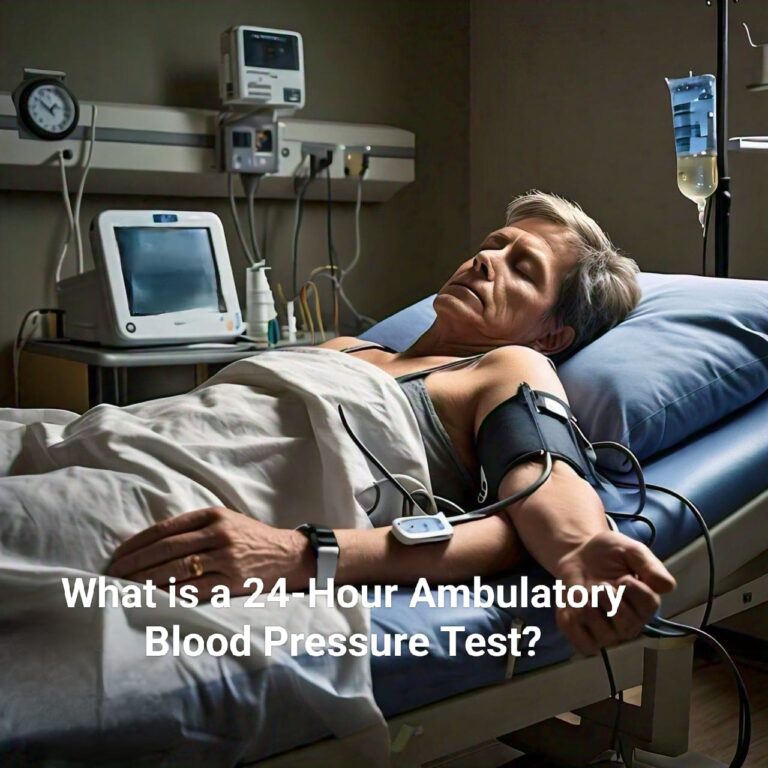Why Are SQF Audits Crucial for Food Safety Compliance?
Have you ever considered how food businesses ensure food safety? It all comes down to strict regulations and frequent audits. So, how do SQF audits factor into this process?
The Safe Quality Food (SQF) certification is a globally recognized food safety and quality management standard.
Companies that undergo SQF audits not only show their commitment to meeting industry standards but also safeguard public health. Ensuring food safety compliance is not just a legal requirement; it’s a critical aspect of building trust with consumers and preventing potential health risks.
The Importance of SQF Audits
Why are SQF audits such an integral part of the food safety landscape?
These audits assess whether a facility meets the stringent standards set by the Safe Quality Food Institute (SQFI), which focuses on managing risks related to food safety. Audits cover a range of areas, including hygiene, food handling, storage, and distribution practices.
Audits ensure that any potential weaknesses in the system are identified and addressed promptly. This is particularly important for companies involved in food production, as failures in food safety compliance can lead to severe consequences, from product recalls to health hazards.
How SQF Audits Ensure Food Safety Compliance
SQF audits are designed to comprehensively evaluate a food production facility. Here’s how they help ensure food safety compliance:
- Identification of Potential Hazards
During an SQF audit, auditors assess every step of the food production process to identify potential hazards. These include contamination risks, improper storage methods, or unsanitary working conditions.
By identifying these risks early, companies can take corrective measures before any issues arise.
- Continuous Improvement of Safety Protocols
One key benefit of SQF audits is that they encourage continuous improvement. Businesses are required to not only meet current standards but also implement procedures that enhance safety over time.
This proactive approach to food safety compliance means businesses are always one step ahead in protecting public health.
- Building Consumer Trust
When consumers see that a company has been certified through an SQF audit, it strengthens their trust in that brand.
The audit proves the company is committed to following best practices and maintaining high safety standards. In an industry where trust is paramount, this can be a game-changer.
- Meeting Legal and Regulatory Requirements
Regulatory bodies worldwide have strict guidelines regarding food safety compliance. Failure to meet these can lead to hefty fines, legal battles, or even business shutdowns.
SQF audits ensure that companies fully comply with these regulations, helping them avoid costly mistakes while safeguarding public health.
The Process of an SQF Audit
An SQF audit is a detailed process that requires thorough preparation. Here’s a quick breakdown of what businesses can expect:
- Pre-Audit Preparation
Before the audit begins, the company must review its safety protocols, employee training, and documentation. This ensures that all necessary records are current and all employees know their roles in maintaining food safety compliance.
- Onsite Audit
During the onsite audit, the auditor will examine various aspects of the facility. This includes checking equipment for cleanliness, evaluating how raw materials are handled, and ensuring that storage areas meet safety standards.
- Post-Audit Review
After the onsite audit, the auditor will provide a report outlining any issues that must be addressed. The company must then take corrective actions and submit evidence that they have been completed to maintain its certification.
The Role of SQF Audits in a Competitive Market
Maintaining a reputation for safety and quality in the food industry is more important than ever. Businesses that pass SQF audits can market their certification as a significant advantage over competitors who may not meet the same rigorous standards.
Furthermore, many retailers and distributors prefer to work with SQF-certified suppliers because they ensure safety and reliability. Meeting the expectations of consumers and business partners reinforces a company’s standing in the industry.
Conclusion
SQF audits are vital for maintaining food safety compliance in an industry where public health is at stake.
These audits not only help identify potential hazards but also encourage businesses to continuously improve their safety protocols, building trust with consumers and ensuring regulatory compliance.
Companies that take their audits seriously are not just protecting their brand — they are safeguarding the health and well-being of their customers.For expert support in meeting food safety standards, Sanitation Specialists provide reliable solutions that keep your facility audit-ready.





